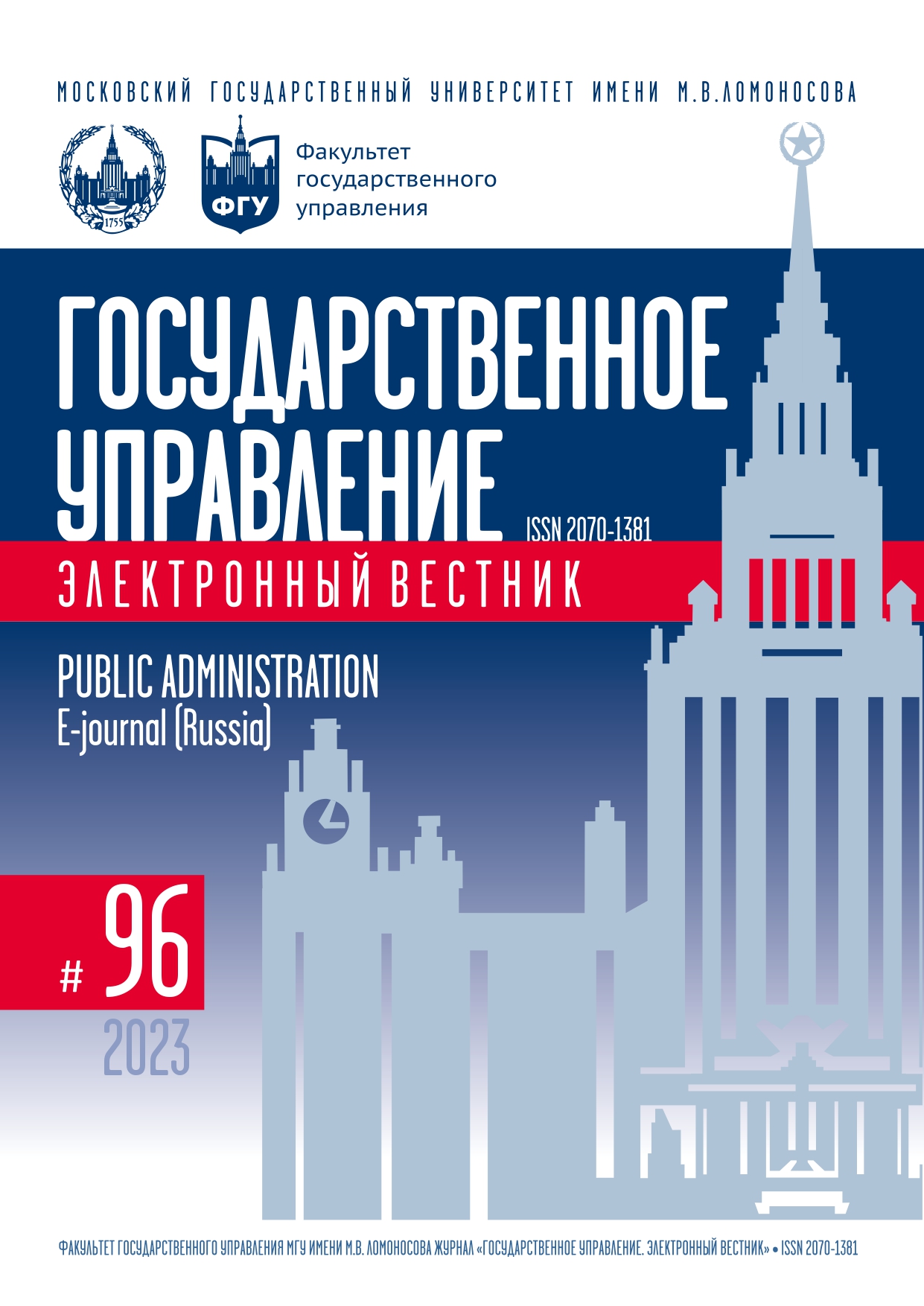Innovative Digital Educational Ecosystem as a Basis for Transition to Industry 4.0
Keywords:
Educational ecosystem, Industry 4.0, university, innovations, digitalization of education, innovation platformAbstract
The article considers an innovative digital educational ecosystem as a basis for creating conditions that increase the competitiveness of universities, organizations and territories. The society will have to go through a radical transformation of the educational paradigm, as a result of which universities will take on a decisive role in introducing innovations and commercializing scientific and technical developments. The role of transformational processes in Industry 4.0 is shown, requiring the reform of educational ecosystems in universities. The ecosystem approach to education must become more efficient and effective than traditional hierarchical models. The elements of an innovative digital educational ecosystem and the mechanisms of interaction between its participants are determined. The author proposes a conceptual model of the digital education ecosystem based on educational and production clusters as a universal model for the interaction of complex nonlinear systems. The basis of the ecosystem is an innovative platform that regulates many horizontal communications in the form of research centers, innovation laboratories, startup schools. The methods used are a systematic approach, a competence-based approach and the theory of innovative development, the concept of innovative implementation, a cluster concept, the concept of using search engines, the detection of the Triple and Quadruple Helix. As a result of the study, the relative use of the innovative digital educational ecosystem as a universal model for the development of universal education is shown.
References
Соловьева М.Е., Третьяков А.Л. Формирование инновационного образовательного пространства современной высшей школы // Гуманитарное пространство. Международный альманах. 2018. T. 7. № 3. С. 451–456.
Цяо Л. Исследование цифровой трансформации российских региональных вузов в современных условиях // Педагогическое образование в России. 2020. № 3. С. 59–66. DOI: 10.26170/po20-03-06
Шевякова А.Л., Петренко Е.С., Уразбеков А.К. Вызовы Индустрии 4.0 системе образования: возможные изменения в формировании компетенций // Креативная экономика. 2020. Т. 14. № 9. С. 2079–2096. DOI: 10.18334/ce.14.9.110825
Яковлева Э.Н., Каменских Н.А. Стратегическая модель инновационной экосистемы университета // Вестник Государственного гуманитарно-технологического университета. 2021. № 2. С. 71–77.
Adner R. Ecosystem as Structure: An Actionable Construct for Strategy // Journal of Management. 2017. Vol. 43. Is. 1. P. 39–58. DOI: 10.1177/0149206316678451
Carayannis E., Grigoroudis E. Quadruple Innovation Helix and Smart Specialization: Knowledge Production and National Competitiveness // Foresight and STI Governance. 2016. Vol. 10. Is. 1. P. 31–42. DOI: 10.17323/1995-459x.2016.1.31.42
Carayannis E., Campbell D.F.J. TripleHelix, Quadruple Helix and Quintuple Helix and How to Do Knowledge, Innovation and the Environment Relate to Each Other? // International Journal of Social Ecology and Sustainable Development. 2010. Vol. 1. Is. 1. P. 41–69.
DOI: 10.4018/jsesd.2010010105
Etzkowitz H., Leydesdorff L. The Triple Helix-University-Industry-Government Relations: A Laboratory for Knowledge-Based Economic Development // EASST Review. 1995. Vol. 14. Is. 1. P. 14–19.
Idin S. An Overview of STEM Education and Industry 4.0 // Research Highlights in STEM Education / ed. by M. Shelley, S.A. Kiray. Ames: ISRES Publishing, 2018. P. 194–208.
Kleiner G.B. Socio-Economic Ecosystems in the Light of the Systems Paradigm // System Analysis in Economics — 2018: Proceedings of the V International research and practice conference–biennale (21–23 November 2018). Moscow: Prometheus publishing house. P. 4–12.
DOI: 10.33278/SAE-2018.eng.004-012
Moor J.F. Predators and Prey: A New Ecology of Competition // Harvard Business Review. 1993. Vol. 71. Is. 3. P. 75–86.
Moor J.F. Business Ecosystems and the View from the Firm // The Antitrust Bulletin. 2006. Vol. 51. Is. 1. P. 31–75.
DOI: 10.1177/0003603X060510010
Porter М. Clusters and Competition: New Agendas for Companies, Governments, and Institutions // Porter M. On Competition. Boston: HBS Publishing, 2008. P. 213–299.
Quan S.J., Wang Yu.L. Study of the Structure and Characteristics of the Higher Education Ecosystem in Hong Kong // Journal of Higher Education Management. 2017. Is. 11. Is. 06. P. 117–124. DOI: 10.13316/j.cnki.jhem.20171027.017
Society 5.0. A People-centric Super-Smart Society / ed. by Hitachi-UTokyo Laboratory. Tokyo: Springer, 2020.
Singh M.K.M. A Synergized Education 4.0 Ecosystem Sustainably Aligned with Industry 4.0 // University-Industry Collaboration Strategies in the Digital Era / ed. by D. Günay, T. Asunakutlu, O. Yildiz. Hershey: IGI Global, 2021. P. 283–299.

